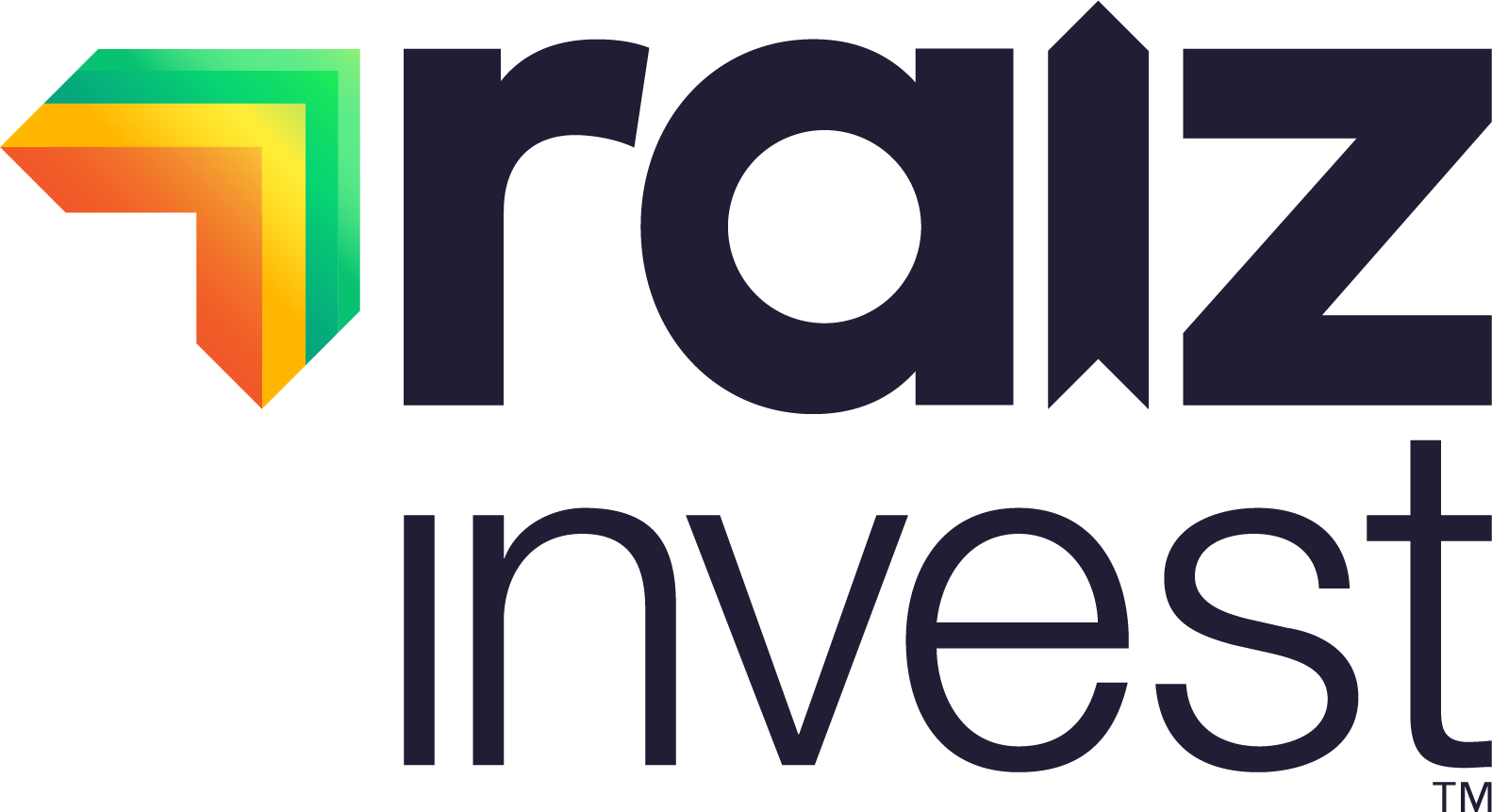Is the glass half full or half empty for global equities?

23-05-2022
George Lucas, Raiz Group CEO
The MSCI world index of equities, which tracks shares in 50 countries, fell more than 1.5 per cent last week. It has now fallen more than 5 per cent in May and more than 18 per cent since a peak in early January, making it the index’s longest losing streak since its establishment in 2001.
Looking at equities, the glass-half-full case for what’s going on is that markets have already fallen a long way, so they now have plenty of upside if the global economy doesn’t head into a full blown recession.
The slump this year has mainly reflected an unwinding of lofty valuations of tech and new economy stocks in the face of turmoil in the bond market. The fall in the markets have not been driven by concerns about the global growth outlook, with a global recession risk only being talked of recently.
However, in my view last week’s falls in global equities is due to growing concerns about growth and corporate earnings rather than rising interest rates. That’s evidenced by the fact that the falls were triggered by potentially shrinking margins at a couple of large multinational US companies.
Talk of global recession on the rise
Digging deeper, the IMF and World Bank prefer to characterise a global recession as a year in which the average global citizen experiences a drop in real income. They point to 1975, 1982, 1991, 2009 and 2020 as years of the preceding five global recessions.
Assessing the current environment, the IMF’s official global growth forecasts for 2022 still seem far off its definition, with the organisation in April expecting annual growth of 3.6 per cent this year.
Even so, some pundits believe the environment has deteriorated since the IMF forecast, lowering the growth projection to just 0.5 per cent in 2022 and stoking talk about a possible global recession.
Adding to pessimism about global growth are continued COVID-19 lockdowns in China, rising interest rates in the US, and large cost of living increases in Europe. There’s also the disturbing situation in some poor emerging economies of food shortages leading to famines.
While the majority view among economists is still that defences against a global recession will win in 2022 and we will not see one, more economists are hedging their bets due to ongoing bad news.
Australia wage growth likely to accelerate
In Australia, we saw the pace of quarterly wage growth was unchanged in Q1. On the back of this, the Reserve Bank of Australia probably won’t need to accelerate its rate hike cycle. Still, with the labour market tightening and inflation rising, wage growth will likely accelerate later this year.
Meanwhile, the unemployment rate held steady at a 48-year low of 3.9 per cent in April, despite job growth coming to a near-halt with only around 4,000 new jobs created in the month.
Indonesia interest rate rise on the cards
Elsewhere, there was a surprise rise in interest rates in Malaysia and I believe that this week Bank Indonesia will likely follow suit, hiking rates 25 basis points to 3.75 per cent.
In Thailand, GDP grew by 1.1 per cent in Q1 compared to the previous quarter. Looking ahead, recovery will largely depend on how quickly tourists return now borders are open to foreign visitors.
On this front, COVID-19 restrictions on places of entertainment are being reduced as of 1 June and the Thai Pass rules will be relaxed, making it easier for foreigners to visit Thailand.
Don’t have the Raiz App?
Download it for free in the App store or the Webapp below:

Important Information
If you have read all or any part of our email, website, or communication then you need to know that this is factual information and general advice only. This means it does not consider any person’s particular financial objectives, financial situation, or financial needs. If you are an investor, you should consult a licensed adviser before acting on any information to fully understand the benefits and risk associated with the product. This is your call but that is what you should do.
You may be surprised to learn that RAIZ Invest Australia Limited (ABN 26 604 402 815) (Raiz), an authorised representative AFSL 434776 prepared this information.
We are not allowed, and have not prepared this information to offer financial product advice or a recommendation in relation to any investments or securities. If we did give you personal advice, which we did not, then the use of the Raiz App would be a lot more expensive than the current pricing – sorry but true. You therefore should not rely on this information to make investment decisions, because it was not about you for once, and unfortunately, we cannot advise you on who or what you can rely on – again sorry.
A Product Disclosure Statement (PDS) for Raiz Invest and/or Raiz Invest Super is available on the Raiz Invest website and App. A person must read and consider the PDS before deciding whether, or not, to acquire and/or continue to hold interests in the financial product. We know and ASIC research shows that you probably won’t, but we want you to, and we encourage you to read the PDS so you know exactly what the product does, its risks and costs. If you don’t read the PDS, it’s a bit like flying blind. Probably not a good idea.
The risks and fees for investing are fully set out in the PDS and include the risks that would ordinarily apply to investing. You should note, as illustrated by the global financial crisis of 2008, that sometimes not even professionals in the financial services sector understand the ordinary risks of investing – because by their nature many risks are unknown – but you still need to give it a go and try to understand the risks set out in the PDS.
Any returns shown or implied are not forecasts and are not reliable guides or predictors of future performance. Those of you who cannot afford financial advice may be considering ignoring this statement, but please don’t, it is so true.
Under no circumstance is the information to be used by, or presented to, a person for the purposes of deciding about investing in Raiz Invest or Raiz Invest Super.
This information may be based on assumptions or market conditions which change without notice and have not been independently verified. Basically, this says nothing stays the same for long in financial markets (or even in life for that matter) and we are sorry. We try, but we can’t promise that the information is accurate, or stays accurate.
Any opinions or information expressed are subject to change without notice; that’s just the way we roll.
The bundll and superbundll products are provided by FlexiCards Australia Pty Ltd ABN 31 099 651 877 Australian credit licence number 247415. Bundll, snooze and superbundll are trademarks of Flexirent Capital Pty Ltd, a subsidiary of FlexiGroup Limited. Lots of names, which basically you aren’t allowed to reproduce without their permission and we need to include here.
Mastercard is a registered trademark and the circles design is a trademark of Mastercard International Incorporated.
Home loans are subject to approval from the lending institution and Raiz Home Ownership makes no warranties as to the success of an application until all relevant information has been provided.
Raiz Home Ownership Pty Ltd (ABN 14 645 876 937), an Australian Credit Representative number 528594 under Australian Credit Licence number 387025. Raiz Home Ownership Pty Ltd is 100% owned by Raiz Invest Australia Limited (ABN 26 604 402 815).



